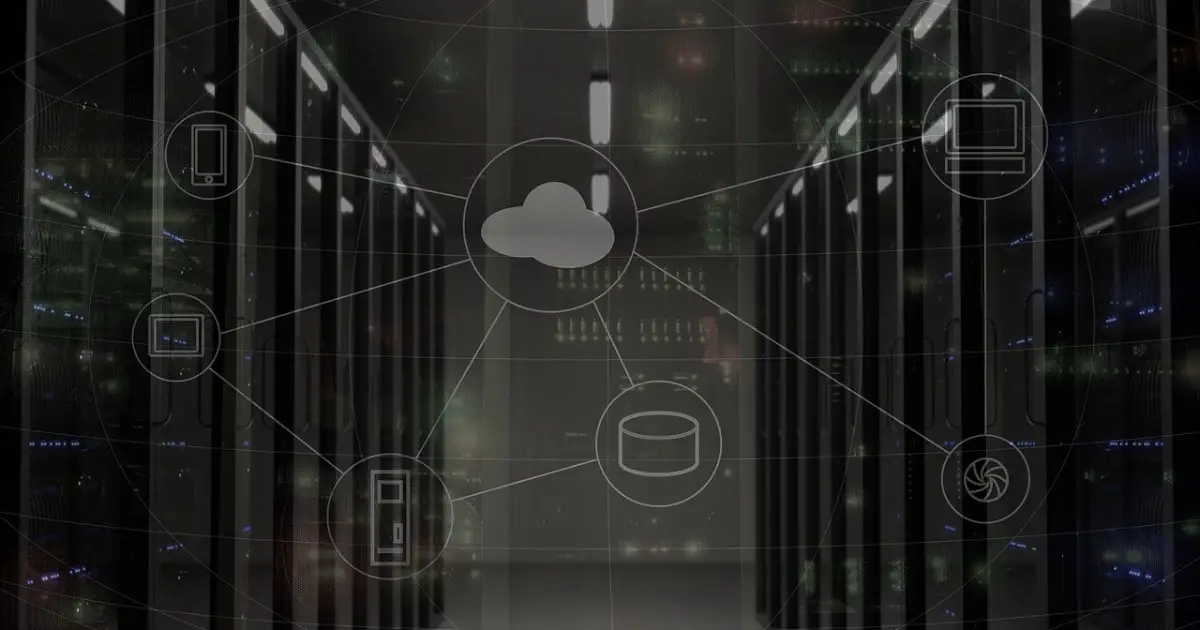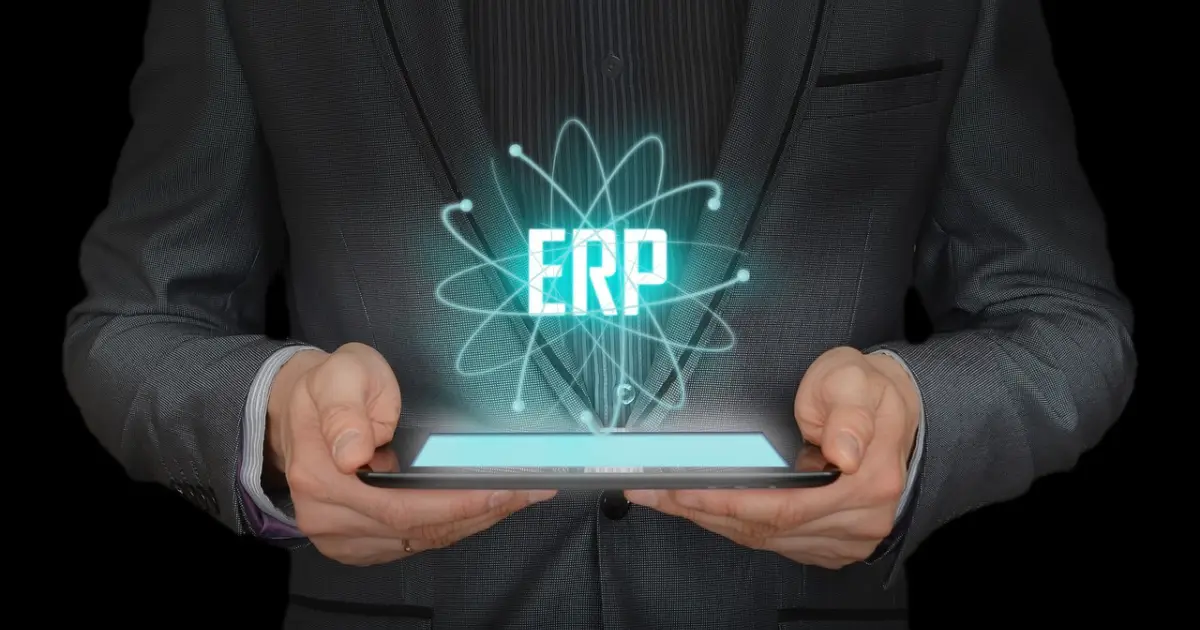focus notes


What is SAP in ERP? Explaining the advantages and disadvantages of introduction, 2027 problems, etc.

table of contents
“What is the difference between SAP and ERP?”
"I want to know what kind of benefits there are by implementing SAP's ERP product!"
When you hear the words "SAP" and "ERP", you may have questions like these. The details will be explained in the main text, but the characteristics of both can be briefly summarized as follows.
- SAP is a software development company headquartered in Germany.
- ERP is a concept that centrally manages management resources and information within a company.
SAP refers to the company name, not the system name. And ERP refers to a way of thinking and a system. Therefore, SAP and ERP are completely different things.Keep in mind that the two are not comparable.
If that's the case, it's time to pay attention to the details. In this article, we will not only introduce the differences between SAP and ERP, but also the advantages and disadvantages of implementing SAP products, as well as how to choose an ERP. If you think, "I don't really understand SAP/ERP...", please refer to it.
What is SAP? Also explains the difference with ERP
When researching the introduction of IT tools such as ERP, what kind of "SAP" do you see on the internet?
- What is SAP?
- First of all, what is ERP?
- Not a comparison? Difference between SAP and ERP
What is SAP?
SAP is one of Europe's largest software development companies headquartered in Germany.SAP is a company founded in Germany in 1972 and was originally named "System Analysis Program Development." Later, the acronym was removed and changed to "SAP".
The ERP system developed by SAP has received high praise all over the world, and many companies in Japan have introduced it to improve productivity. In fact, the following companies in Japan have introduced SAP products.
Note that some of the ERP products sold by the same company include the word SAP. Therefore, the word SAP can also refer to these ERP products.
First of all, what is ERP?
ERP refers to the idea of using management resources and information more efficiently, and the system that makes this possible.ERP makes it possible to manage various business processes such as accounting, procurement, project management, risk management, compliance, supply chain operations, etc. in one system. It is expected to promote the efficiency of business processes between different departments and improve the uniformity and transparency of business operations.
Also, although ERP has a strong image of an integrated system, it is also possible to use only each function as an individual system as shown below.
- Accounting system
- manufacturing management system
- supply chain management system
- customer relationship management
- Human resources management system
Each of these systems focuses on a specific business process. By introducing it, it will be possible to streamline or automate business processes in each department and obtain information in real time. If you are concerned that an integrated ERP has many unnecessary functions, we recommend implementing an ERP specialized for each department.
Please refer to the article below for details on ERP.
What is ERP? Explaining the differences from core systems, formats, benefits, and flow of implementation
Not a comparison? Difference between SAP and ERP
As I briefly explained earlier, the differences between SAP and ERP are as follows.
SAP | Software companies and their products |
ERP | Plans and ideas for effectively utilizing management resources (people, goods, money, information), and systems to realize them |
It's a bit confusing because they are two English words with the same three letters, but SAP is a software development company headquartered in Germany. The following products developed by the company are also sometimes called SAP.
- SAP Business Network
- SAP Signavio
- SAP Business Technology Platform
- SAP S/4HANA Cloud
- GROW with SAP
- RISE with SAP
- SAP S/4HANA Cloud for Service
- SAP Service Cloud
- SAP Ariba
- SAP Fieldglass
- SAP Concur
- SAP Supply Chain Management
- SAP Sustainability Control Tower
*SAP Business Network, SAP Signavio, SAP Business Technology Platform, SAP S/4HANA Cloud, GROW with SAP, RISE with SAP, SAP S/4HANA Cloud for Service, SAP Service Cloud, SAP Ariba, SAP Fieldglass, SAP Concur, SAP Supply Chain Management, and SAP Sustainability Control Tower are trademarks or registered trademarks of SAP SE in Germany and other countries.
On the other hand, ERP is an idea that aims to efficiently utilize management resources and information within a company, and at the same time, it can also refer to the system itself these days.
Explaining the benefits of introducing SAP products
Although not limited to SAP products, the benefits of implementing ERP include the following.
- Visualization of management resources
- Improving work efficiency
- Strengthening governance
Visualization of management resources
One of the benefits of implementing SAP's ERP product is the visualization of management resources.By visualizing management resources, you can achieve the following:
- decision support
- Strengthening risk management
By visualizing each data, you can expect support for decision making. Enables quick management decisions based on accurate information. Analytics with real-time data allows you to make more rational and strategic decisions.
Not only that, visualization of resources allows early detection and response to risk factors. Even small changes that were previously unnoticeable can be easily discovered by quantifying them. You can prevent and minimize problems such as overstock, capital outflow, and imbalance in human resources.
From a long-term perspective, being able to build a system like this can be a huge advantage.
Improving work efficiency
Another benefit of implementing SAP's ERP product is that it can be expected to improve business efficiency.This will help to minimise communication between departments.
For example, let's say the sales department gets a big job. Traditionally, when a job exceeds a certain size, it requires some coordination between departments. They have to check a wide range of aspects, such as inventory status, whether materials for manufacturing the product can be procured, and how long it will take to deliver the product.
If such confirmations are neglected, even if an order is received, there is a possibility that delivery will not be possible. In some cases, it may cause more work than necessary on the site. In order to prevent such a situation, it is necessary to coordinate with the relevant departments in advance. However, in order to confirm, it is necessary to contact them by email or phone each time. This is not efficient.
ERP comes in handy in times like these. If you have implemented ERP, you will be able to instantly grasp the information mentioned above. This is because information from each department is consolidated and visualized in the system. By streamlining your confirmation work, you will be able to use your free time to focus on your core business.
Strengthening governance
Another major benefit of implementing SAP's ERP product is that it can be expected to strengthen governance.This is because, depending on the system being implemented, there is an access authority function.
Access privileges allow you to control access to specific data and system functions. This reduces the risk of unauthorized access and data leaks and protects sensitive company information. It will make business operations more transparent and reliable.
Even if there is unauthorized access, some ERP systems have audit functions. The audit function allows you to check the system usage status at any time. The existence of this audit function will help prevent fraudulent activities.
Explaining the disadvantages of introducing SAP products
There are two potential disadvantages to implementing SAP products:
- Installation costs may be high
- It may take some time to get used to
Installation costs may be high
The first disadvantage of SAP's ERP products is that they may be expensive to implement.The installation cost has not been announced on SAP's official website (as of January 15, 2023), but considering the wide variety of functions included, it is assumed that it will cost a certain amount. .
Of course, it is possible to reduce costs to some extent by choosing a product that specializes in one department, such as Concur Expense*, rather than an integrated model.
*Concur Expense is a trademark or registered trademark of SAP SE in Germany and other countries.
But in either case, implementation costs remain unclear. If you are interested, we recommend contacting SAP or your system integrator*.
*SIer (System Integrator) is a company that undertakes system integration work. Depending on the company, we develop system design, development, implementation, and support businesses that meet customer requirements.
It may take some time to get used to
Another disadvantage of implementing SAP's ERP product is that it may take some time to get used to using it.Because SAP products, especially the SAP ERP system, are feature-rich.
SAP ERP systems support a wide variety of business processes, so their functionality is very wide and complex. Particularly for large organizations or companies with complex operations, it may take time to understand and master the full scope of the system.
Proper training of employees is essential to solving this problem. With specialized training programs and support, you may be able to become proficient at an early stage. Before implementing it, it is a good idea to contact SAP or system integrator regarding support details.
Checkpoints when choosing an ERP product
In order to implement ERP in your company, not limited to SAP products, you must first select the ERP to be implemented. When choosing a tool, keep the following points in mind:
- Product security level
- Number of implementation results
- Fullness of support system
- Is there a free trial?
Product security level
When selecting an ERP system, first check the security level of the product.This is because ERP often handles confidential information such as employees' personal information and company internal information.
If you implement ERP without considering security, there may be risks such as information leaks. If information leaks occur, it could lead to a loss of trust in the company. As a result, business may be adversely affected.
In order to prevent such situations from occurring, the security level of the product is extremely important. It is essential to check the security proposals provided by the vendor. If you have any questions, we recommend that you contact us.
Number of implementation results
Please also check the number of implementations of the ERP you are selecting.The more ERP that has been implemented, the more likely it is that the product can be expected to have a certain level of quality.
This is true for many products, not just ERP, but if no one has ever used a product, it is difficult to know whether it is truly useful. Even if the product page lists many benefits, there may be cases where you don't actually feel the benefits.
However, by checking the case studies of companies that have adopted the product, you can confirm whether the information stated on the product page is true. The more cases there are, the more reliable the product is.
When checking the number of installations, please check the following points.
- Has it been adopted by companies in the same industry?
- Are there any implementation records for companies with similar issues or goals?
- Are companies of similar size to your company adopting it?
If you see that companies similar to your company have introduced it, it will be easier to imagine what it would be like to actually implement it. If you have any impressions or reviews from the installation, be sure to check them out as well.
Fullness of support system
Another important point is the level of support provided during installation and operation.This is because implementing ERP requires specialized knowledge and may cause some problems.
A possible problem during installation may be that the system does not work properly even though you have followed the instructions. In addition, although the installation itself was smooth, there are many cases where the system freezes after the start of operation, which can cause problems such as work being delayed.
If you choose an ERP product with a good support system, you can expect quick help when this happens. In some cases, there is an option, but instead of just chatting or calling, we may actually come to the site.
Furthermore, even after operations have begun, there is a possibility that laws regarding back-office operations such as accounting may be amended. Due to legal revisions, you may need support to review your ERP settings.
Given the above, it is a must to check the support system.
Is there a free trial?
Also check if there is a free trial.Being able to check the actual usability in advance will give you peace of mind as you fully implement the product.
For example, problems such as ``poor operability and only a few people can use it...'' may be discovered after implementation. This will likely cause dissatisfaction not only from the field but also from management. If you cannot master the system, it will be difficult to achieve the objectives and goals you set at the beginning. At the very least, it will be difficult to improve operational efficiency.
The quickest way to avoid this situation is to check the actual usage experience with a free trial. Please check in advance and choose a product that you can use without any problems.
Frequently asked questions about SAP products such as modules
Here we will answer the following two frequently asked questions regarding SAP products.
- Please tell me the SAP module
- What is SAP's 2027 problem?
Please tell me the SAP module
An SAP module is a collection of programs that summarize the functions required for each business.Below are some of the key modules of SAP:
- Finance
- Human Resource Management
- Procurement/purchasing
- sale
- manufacturing
- Logistics supply chain management
- service
- Research and development/engineering
- Equipment asset management
These modules are integrated with each other and seamlessly support a company's various business processes. These modules can be customized and provided with additional functionality to meet the specific needs of your industry or company.
These modules also work together to ensure data consistency and transparency across different parts of the business. This integrated approach helps businesses operate more efficiently and effectively.
What is SAP's 2027 problem?
SAP's 2027 issue refers to the announcement that mainstream maintenance (so-called standard support) for some SAP ERP products will end by 2027, and related issues.Only mainstream support will end in 2027, so you will still be able to use ERP even after support ends. The status of SAP ERP 6.0 after 2027 will be as follows.
- Security program continually updated
- No new features will be added
- There is no guarantee that business will stop due to system failure.
The security program is updated as usual, so your security will not become vulnerable if you continue to use it. However, new features are not added, so if you are not satisfied with the current SAP product, there is little benefit to continuing to use it.
To address this issue, you will need to migrate to or implement a new ERP product. Please keep this in mind if you are considering using SAP products.
summary
So far, I have explained SAP and ERP. Not limited to SAP products, ERP can centrally manage information within a company.You can expect various benefits such as visualization of management resources, improved productivity, and strengthened governance.
However, there are also disadvantages to introducing SAP's ERP products, such as the high cost and the time it takes to master them. It is important to choose an ERP that suits your company without being too fixated on SAP products. If you have any questions about ERP products, please feel free to contact us.
Achievements left behind
48 years since its establishment.
We have a proven track record because we have focused on what is important.
It has a long track record in both the public and private sectors.
Number of projects per year
500 PJ
Annual number of business partners/customers
200 companies
Maximum number of trading years
47 years
Total number of qualified persons
1,870 people






